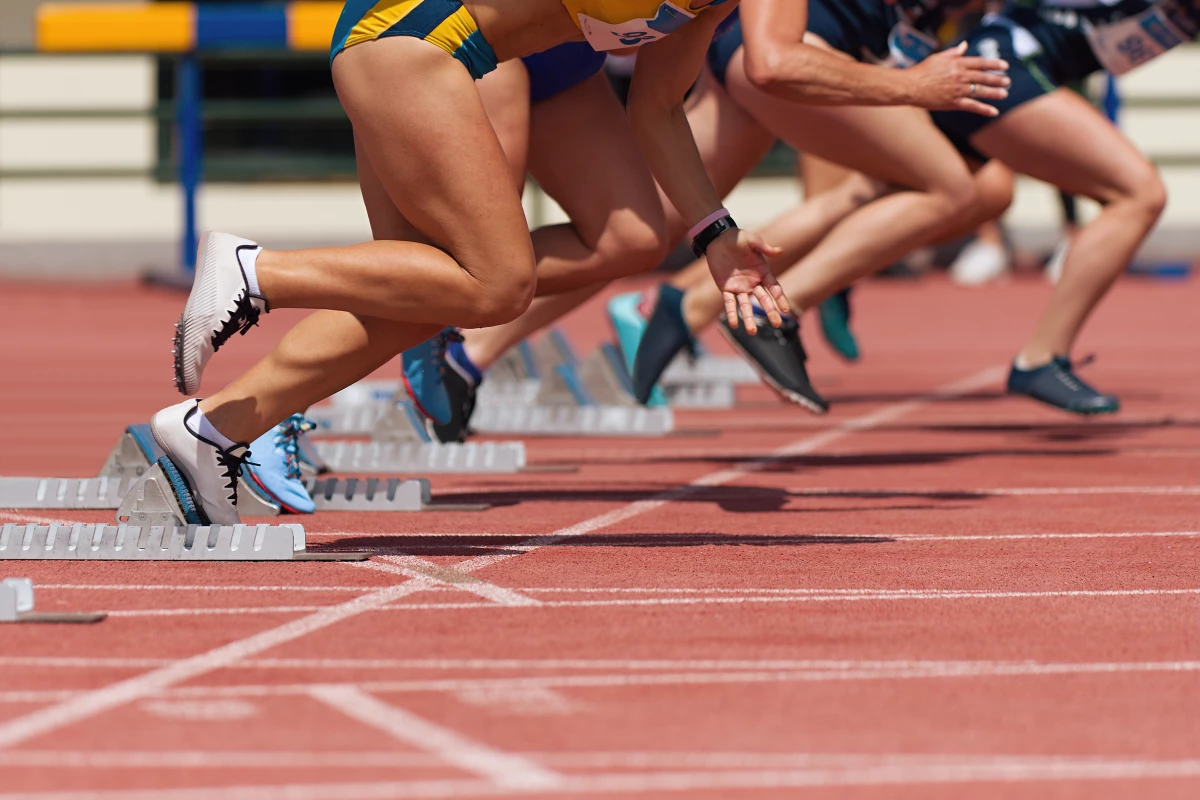A new study from researchers in Japan offers the first direct investigation into the effects of caffeine on 100-meter sprint running. The findings revealed athletes who dose up on caffeine can run significantly faster sprint times.
Although performance-enhancing drugs are widely prohibited in international sport, caffeine is perhaps the one drug that is not only allowed, but often recommended. The International Association of Athletics Federations (IAAF) actually suggests track and field athletes optimize their performance by using caffeine in "competition environments."
For about 20 years, from 1984, the World Anti-Doping Agency (WADA) banned athletes consuming high levels of caffeine. But because caffeine is such as pervasive drug, and blood testing for it can be relatively inconsistent, many athletes were getting caught for simply having a few cups of coffee the morning of an event. So the ban was lifted in 2004, despite plenty of research highlighting the drug's performance-enhancing effects.
“While previous studies have investigated the effects of caffeine on running activity, evidence from these studies is not conclusive enough to support the World Athletics consensus," explained lead researcher on the project, Takeshi Hashimoto from Ritsumeikan University. "A majority of them have looked at its effects on single sprint runs of less than 60 meters. Therefore, it was important to study the ergogenic effects of caffeine on the 100-meter sprint performance.”
The researchers recruited 13 college-age professional sprinters for the experiment. Before completing any running test, each participant was given a moderate dose of caffeine (6 mg per kg of body weight) and their individual time to peak plasma concentration was measured. This allowed the researchers to effectively time each participant's trial run to their specific moment of peak blood levels. Each subject then completed two separate 100-m time trials, at least one week apart, with either caffeine supplementation or placebo.
Overall, the researchers found caffeine supplementation led to a 0.14-second faster time on average compared to placebo. This may not sound like much but for professional sprinters this can be the difference between first and sixth place.
The biggest improvements to mean sprint velocity from caffeine were seen to occur in the first 40 m of the race, suggesting the drug provides more explosive acceleration in the earliest stages. Over the tail-end of the 100-m run, little difference was detected between placebo and caffeine trials.
The researchers note the coffee consumption behaviors of the participants did not affect their responses to caffeine in the time trials. So while all participants were required to abstain from caffeine on the day of a trial, the drug was just as effective for regular coffee drinkers as it was for non-habitual consumers.
The study also noted the optimal time to consume caffeine tended to be at least 60 minutes before a race. Those participants who took a little longer to reach blood concentration peaks (up to 90 minutes) also tended to display greater improvements from caffeine.
“The insights gained from this study have given us the first direct evidence of caffeine’s ergogenicity on sprint running in athletics," said Hashimoto. "This also serves as evidence to directly support the recommendations for caffeine usage by World Athletics. The study thus provides one more advantage that athletes can use to inch themselves closer towards victory."
The study was published in Medicine & Science in Sports & Exercise.
Source: Ritsumeikan University




